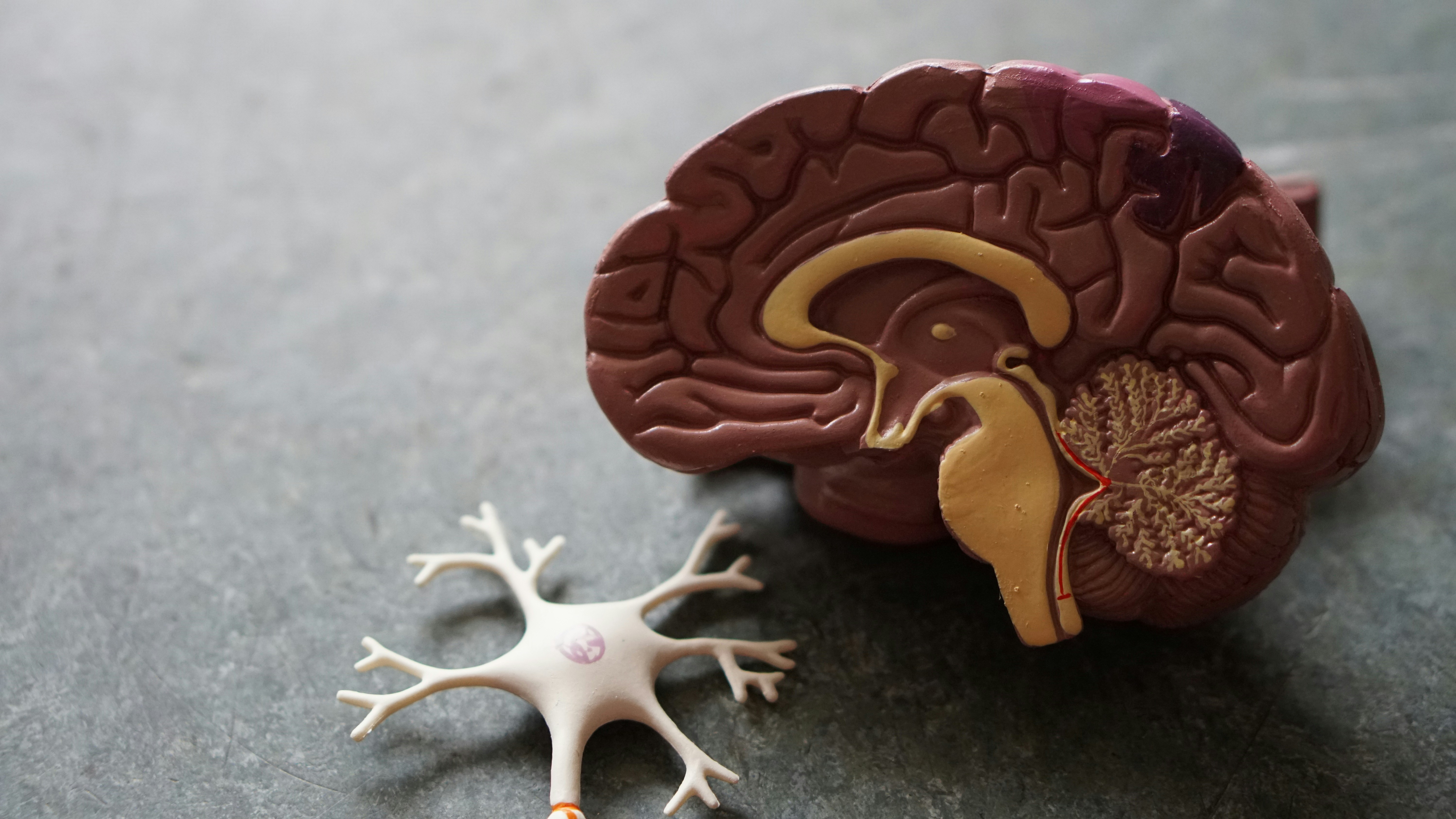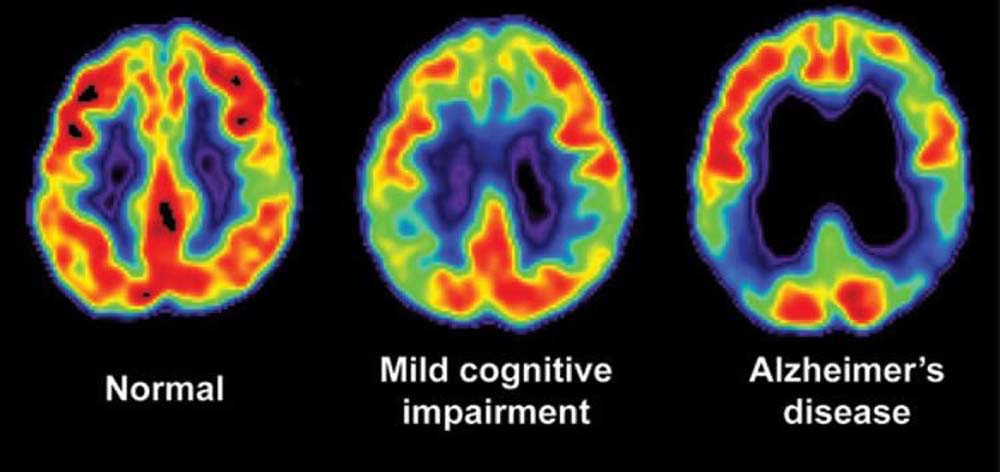


According to the World Health Organisation, currently more than 55 million people have dementia worldwide, over 60% of whom live in low-and middle-income countries.
There are things you can do to reduce your own risk of developing dementia. There is a lot of evidence that lifestyle choices can affect our risk of developing dementia.
There are ways you can slow it down and maintain mental function if it's diagnosed in the early stages. A diagnosis can also help people with dementia get the right information and support, and help those close to them prepare and plan for the future.
Dementia is a syndrome associated with many neurodegenerative diseases, characterised by a general decline in cognitive abilities and functions that affect a person's ability to perform everyday activities. This typically involves problems with memory, thinking, behavior, and motor control. Dementia ranges in severity from the mildest stage, when it is just beginning to affect a person's functioning, to the most severe stage, when the person must depend completely on others for basic activities of daily living, such as feeding oneself. There are several different forms of dementia, including Alzheimer’s disease, which is the most common.
Signs results when neurons in the brain stop working, lose connections with other brain cells, and die. While everyone loses some neurons as they age, those affected by Dementia experience far greater loss. This is as a result of changing brain regions that trigger the neurons and their connections to stop working. How this initiates, however, is still unknown. The symptoms can vary depending on the type but mainly include: experiencing memory loss or confusion; difficulty speaking, understanding and expressing thougghts; experiencing delusions; taking longer to complete normal daily tasks; and acting impulsively.

The most common dementia diagnosis among older adults. It is caused by changes in the brain, including abnormal buildups of proteins known as amyloid plaques and tau tangles. It typically begins in the part of the brain that affects learning. On average, a person with Alzheimer's lives 4 to 8 years after diagnosis but can live as long as 20 years, depending on other factors.
A rare form of dementia that tends to occur in people younger than 60. It is associated with abnormal amounts or forms of the proteins tau and TDP-43. It affects areas of the brain which are associated with personality, behaviour, and language. The most common symptoms involve extreme changes in personality and behaviour including increasingly innapropriate behaviour, lack of judgement, and lack of empathy.


This is the second most common type of Dementia. A form of dementia caused by abnormal deposits of the protein alpha-synuclein, called Lewy bodies, in the nerve cells in the brain. These protein deposits affect brain regionsinvolved in thinking, memory, and movement. Individual's suffering from this may experience visual hallucinations.
A form of dementia caused by conditions that damage blood vessels in the brain or interrupt the flow of blood and oxygen to the brain. This then leads to problems with reasoning, planning, judgement, memory and other thought processes. Factors that increase your risk of heart disease and stroke (eg. diabetes, high cholesterol, smoking) also raise your risk for developing vascular dementia. Thus, controlling these factors may help to decrease the risk.
HIV encephalopathy is an infection that spreads throughout the brain. The more widespread the infection becomes in the brain, the worse the dementia symptoms become. Someone with untreated HIV dementia has a life expectancy of 6 months on average. There is, however, several treatment options available making the risk of developing dementia and the risk of it become fatal minimised. You are at a higher risk of developing this if you don't take antiretroviral drugs, have diabetes, are older when you catch HIV, and have high immunodeficiency.
As of today, there is no cure for the disease and the progressive illness does worsen with time. So, early diagnosis and treatment are key to mitigate the deterioration. Earlier diagnosis and intervention methods are improving dramatically, and treatment options and sources of support can dramatically improve quality of life. Dementia is detected through a clinical diagnosis rather than a scan or a test. Therefore, it is imperitave to see the doctor as soon as possible if signs of symptoms begin to manifest. Since, the current medicative options available are to slow the progression, when the patient starts earlier, they tend to respond better. Often by delaying treatment due to ignorance of the disease, the patient will have a poorer outcome.